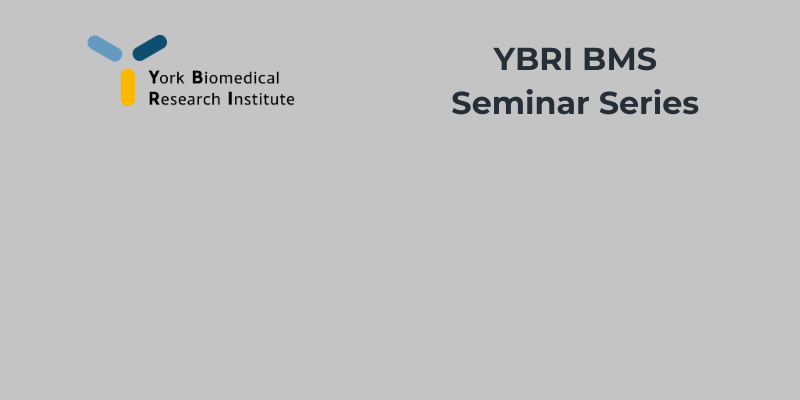
Rapid expansion and diversification of an exported effector kinase family in pathogenic Malaria causing parasites Dr Moritz Treeck (Gulbenkian Institute, IGC) presents his work on host- pathogen interactions with the parasites Plasmodium falciparum and Toxoplasma gondii. Hosted by Dr Joana Faria.
Event details
Abstract
Among the ~200 Plasmodium species that infect vertebrates, six infect humans. Of these, P. falciparum causes >95% of all ~500,000 annual fatalities. Phylogenetically, P. falciparum belongs to the Laverania subgenus, a group of Plasmodium species that infect great apes. Common to Laverania species is the family of FIKK kinases. One million years ago, a single FIKK kinase conserved in all Plasmodium species gained an export element in the Laverania subgenus and expanded into the family of ~20 atypical FIKK kinases, most of which are exported into the host cell. Surprisingly, there is no predicted exported kinase in any Plasmodium species outside the Lavarania. I will discuss our most recent findings on the evolution and expansion of this kinase family combining genomics, biochemistry and structural biology methods. I will also present data on our efforts to identify pan-FIKK kinase inhibitors.
About the speaker

Dr Moritz Treeck
Moritz is the Principal Investigator in the Cell Biology of Host – Pathogen Interaction Lab at the Instituto Gulbenkian de Ciência (IGC). Moritz completed his PhD at the Bernhard-Nocht Institute for Tropical Medicine in Hamburg, Germany, studying protein trafficking and invasion of red blood cells by the malaria parasite. After that he spun the globe looking for places where good weather and outstanding science would meet, eventually moving to John Boothroyd's lab in Stanford, California, to learn about another interesting parasite, Toxoplasma gondii. During that time he also got closely engaged with the laboratory of Josh Elias where he learned as much about quantitative mass-spectrometry as possible.
He returned to the Europe in 2014, establishing his own lab at the MRC National Institute for Medical Research (NIMR). In April 2015 the NIMR officially became part of the Francis Crick Institute, joining forces with the London Research Institute, Clare Hall Laboratories and three London University Partners (UCL, Kings College, Imperial College). Moritz joined the IGC in March 2023, after living and working in the US and the UK to lead a lab focused on host-pathogen interaction. His lab found some fascinating parasite proteins that are secreted into the host cell with some novel powerful genetic and biochemical methods, which they aim to exploit in the coming years to uncover novel ways on how human (and animal) parasites are able to establish their niche in a host and subvert the immune system.